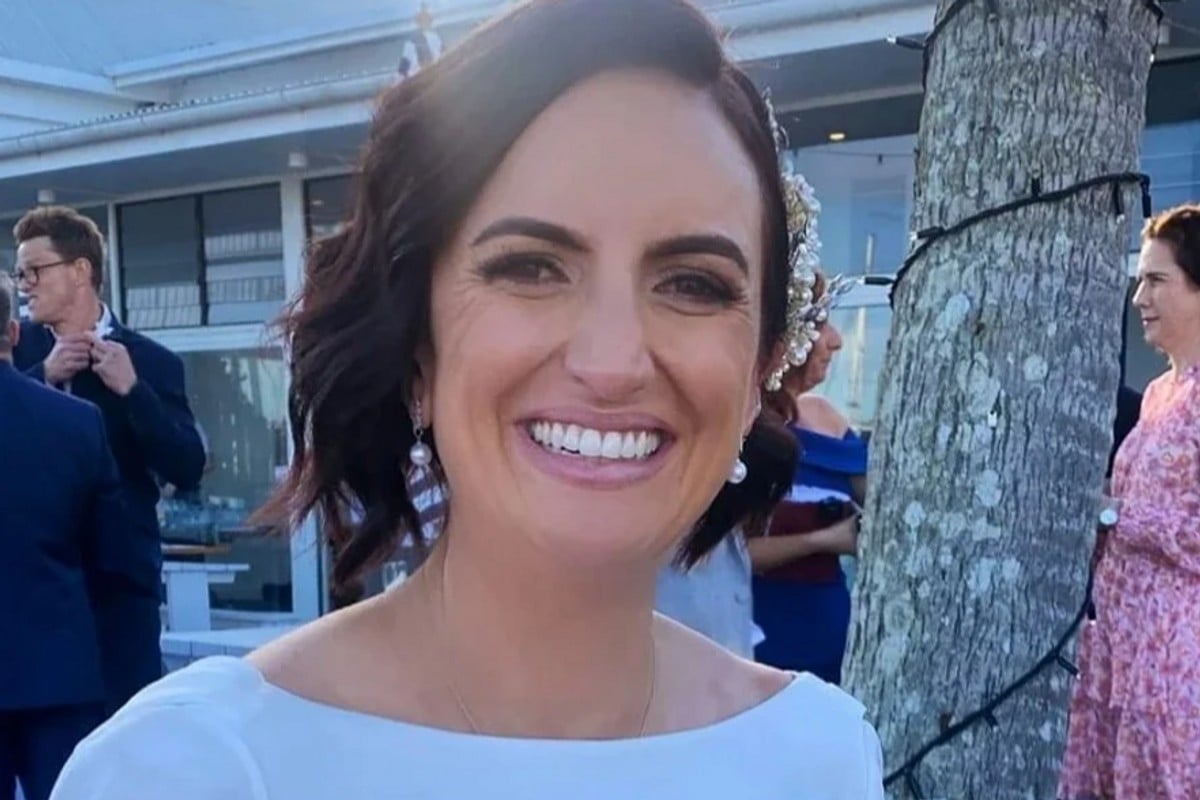
By the time Jane McFadden pulled out of her driveway en route from the Sunshine Coast to Toowoomba, she was running on adrenaline, frustration, and rage.
"I was thinking, 'How the hell is this Australia?'" she tells Mamamia.
"I packed snacks, fuelled the car, and drove six hours to Toowoomba and back. Because what choice did I have?"
Jane was on the hunt for Vyvanse, a medication for ADHD, that was out of stock in her local area. One of her three children was "completely unravelling", and she was desperate.
Watch: WELL: ADHD finally getting the platform it deserves. Article continues after the video.
"Big emotional outbursts, couldn't sit still, disruptive without meaning to be, and then he was punished for it," she said.
That's not to mention the rest of the family of five, who have each been diagnosed with ADHD.
"We're a fully neurodivergent household," Jane explained. "My husband and I have ADHD, and so do our three children. ADHD touches everything in our house."
Jane describes her world as "beautiful chaos with an invisible load".




























































































